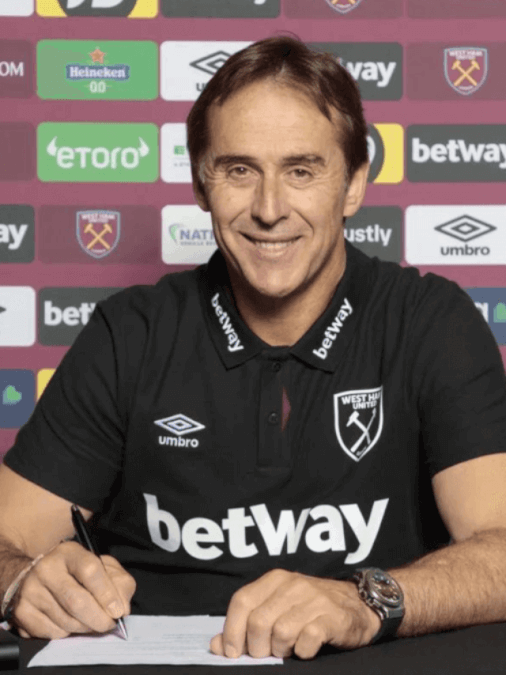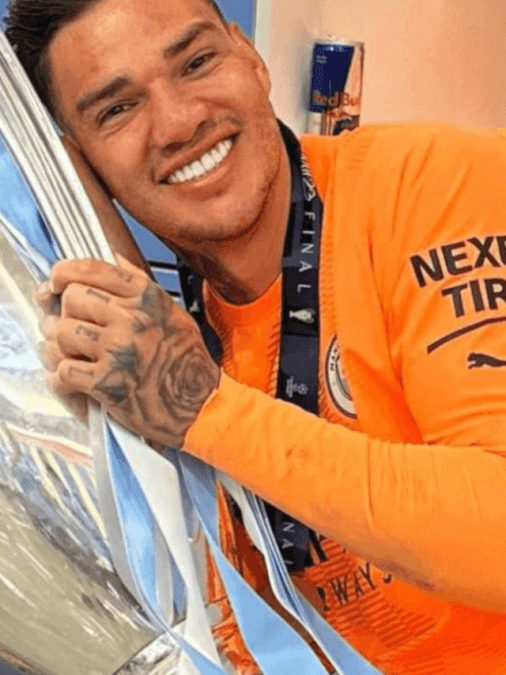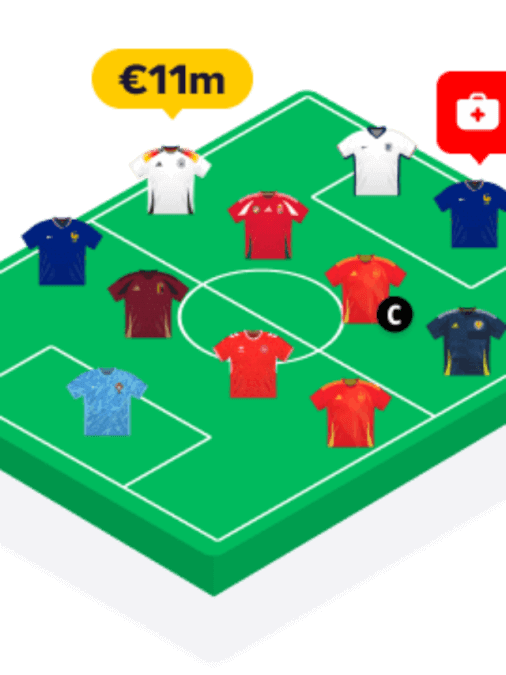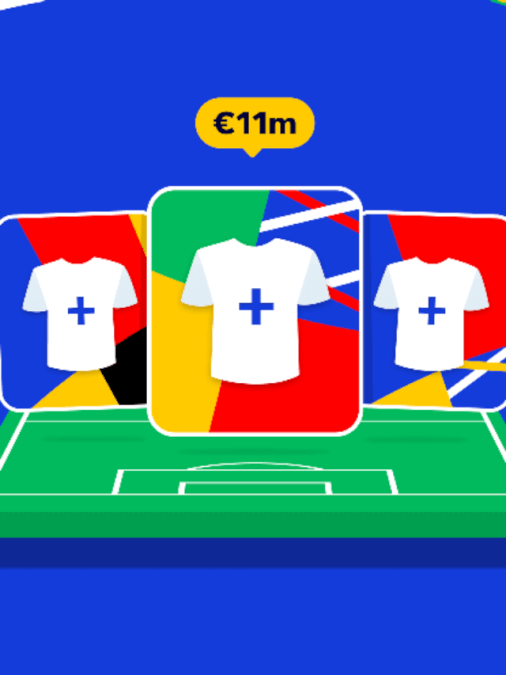Proper hydration is crucial for young footballers to maintain peak performance and overall health. Staying hydrated not only supports energy levels and cognitive function but also helps prevent cramps and injuries during training and matches.
In this guide, we’ll explore hydration strategies, the role of electrolytes, and practical tips for young athletes to stay hydrated all day long.
Why Hydration Matters for Young Athletes
Impact on Performance
Dehydration can significantly reduce a young athlete’s endurance, strength, and overall performance on the field. Staying hydrated ensures that their muscles function optimally and that their body can efficiently regulate temperature during intense activities.
For more information on enhancing performance through proper habits, check out our article on “9 Essential Drills for Young Footballers to Develop Ball Control.”
Preventing Cramps and Injuries
Muscle cramps and injuries are often linked to poor hydration. Water and electrolytes are essential for muscle contraction and relaxation.
Ensuring adequate hydration can minimize the risk of cramps, strains, and other injuries, which is especially important for young players during growth phases. To combine effective hydration with a proper training routine, consider our guide on “Fun and Effective Warm-Up Routines for Kids in Football.”
Cognitive Benefits
Hydration also affects mental focus, reaction time, and decision-making, which are critical for young footballers. Even slight dehydration can lead to decreased concentration and slower response times on the pitch.
How Much Water Should Young Footballers Drink?
Daily Hydration Requirements
Young athletes should aim to drink at least 1.5 to 2 liters of water daily. During active periods, they may need more. The exact amount varies based on age, weight, and activity level. For a comprehensive dietary plan that includes hydration, see our “A Day in the Diet of a Young Footballer: Meal Plan Guide.”
Pre-Training and Pre-Game Hydration
Encourage young players to drink about 500 ml of water two hours before training or a match. This allows enough time for absorption and helps prevent dehydration during the activity. For additional pre-game preparation tips, refer to “Pre-Game Meals: What to Eat Before a Big Match.”
Hydration During Training and Matches
It’s recommended that young footballers drink around 100-150 ml of water every 15-20 minutes during activity. This will help maintain hydration levels and ensure peak performance throughout the session.
The Role of Electrolytes in Hydration
What Are Electrolytes?
Electrolytes are minerals like sodium, potassium, and magnesium that help maintain fluid balance in the body. They are crucial for muscle function and preventing dehydration-related issues.
When to Use Electrolyte Drinks
Electrolyte drinks are beneficial during prolonged or intense training sessions, especially in hot weather. They help replenish lost salts and maintain energy levels. However, for regular training sessions under moderate conditions, water is usually sufficient.
DIY Electrolyte Drink Recipes
Instead of relying on commercial sports drinks, which often contain high levels of sugar and artificial additives, try these homemade options:
- Citrus Electrolyte Drink: Mix 500 ml of water, the juice of one lemon and one orange, a pinch of salt, and a tablespoon of honey.
- Coconut Water Mix: Combine 250 ml of coconut water with 250 ml of water, a pinch of salt, and a teaspoon of honey.
For a deeper dive into fueling young athletes with the right foods, explore our article on “The Importance of Proper Nutrition for Young Footballers.”
Water vs. Sports Drinks: Which Is Better?
When to Choose Water
For regular training sessions lasting less than an hour, water is the best option. It hydrates without added sugars and calories, making it ideal for maintaining daily hydration levels.
When to Opt for Sports Drinks
Sports drinks are useful during prolonged, high-intensity activities or when training in hot, humid conditions. They help replenish electrolytes lost through sweat. However, they should be used in moderation due to their sugar content.
Potential Downsides of Sports Drinks
Overuse of sports drinks can lead to excessive calorie intake and potential dental issues due to high sugar levels. It’s best to limit these to occasions when intense hydration support is needed.
Hydration Tips for Different Weather Conditions
Hot Weather Hydration Strategies
In hot weather, young players lose more fluids through sweat, so they need to increase their water intake. Encourage them to take frequent water breaks and consider adding an electrolyte drink if they are training for extended periods.
Cold Weather Hydration Tips
Even in cooler temperatures, young athletes need to stay hydrated. The cold can diminish the feeling of thirst, so it’s important to remind them to drink regularly. Warm herbal teas or diluted fruit juices can be a comforting option.
Hydration for Indoor Training
Indoor training can be deceiving in terms of hydration needs. Air-conditioned environments may still cause fluid loss. Ensure young players have access to water and take regular sips throughout indoor sessions.
Practical Hydration Hacks for Young Footballers
Set a Hydration Schedule
Create a hydration schedule that includes specific times for drinking water throughout the day. For example:
| Time | Action |
|---|---|
| Morning | 1 glass of water upon waking |
| Pre-Breakfast | 1 glass of water before breakfast |
| Mid-Morning | 1 glass of water or herbal tea |
| Pre-Lunch | 1 glass of water |
| Mid-Afternoon | 1 glass of water or diluted fruit juice |
| Pre-Dinner | 1 glass of water |
| Evening | 1 glass of water before bed |
Use Hydration Reminders
Utilize phone alarms or apps to remind young athletes to drink water throughout the day. Setting hydration goals and tracking intake can also help develop good habits.
Keep a Refillable Water Bottle
Encourage the habit of carrying a refillable water bottle everywhere, ensuring that hydration is always accessible.
Signs of Dehydration to Watch For
Early Signs
- Thirst and dry mouth.
- Dizziness or light-headedness.
- Reduced urine output or dark-colored urine.
Severe Dehydration Symptoms
- Confusion or irritability.
- Rapid heartbeat.
- Extreme fatigue or lethargy.
What to Do If Dehydration Occurs
If young athletes show signs of dehydration, encourage them to rest and gradually rehydrate with small sips of water. For severe symptoms, seek medical attention immediately.
Incorporating Hydration into a Young Athlete’s Routine
Planning Hydration Around Meals
Water is essential for digestion and nutrient absorption. Drinking water 30 minutes before meals can aid in optimal digestion and hydration.
Hydrating on Non-Training Days
Even on rest days, maintaining hydration is crucial for overall health and recovery. Make sure they drink regularly throughout the day.
Educating Young Athletes About Hydration
Teach young players about the importance of hydration and encourage them to listen to their bodies. Make hydration a fun and integral part of their training routine.
Key Takeaways
| Tip | Details |
|---|---|
| Start Early | Begin hydrating at least two hours before training or matches. |
| Keep it Consistent | Drink water every 15-20 minutes during activity. |
| Electrolytes in Moderation | Use electrolyte drinks during intense or prolonged sessions, especially in hot weather. |
| Avoid Overuse of Sports Drinks | Choose water for most training sessions to avoid excessive sugar and calories. |
| Recognize Dehydration Signs | Watch for early signs like dry mouth and dizziness, and take action quickly. |
By following these hydration hacks, young footballers can maintain optimal performance, focus, and overall health. For a more holistic approach to nutrition and performance, don’t miss our articles on “Top 10 Energy-Boosting Foods for Young Footballers” and “Post-Game Recovery: The Best Foods to Recharge Young Athletes.”









